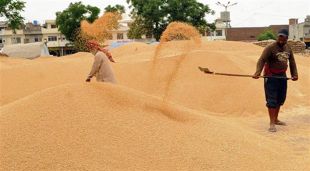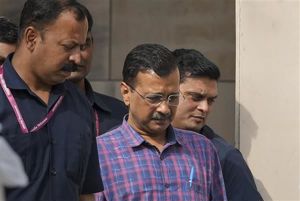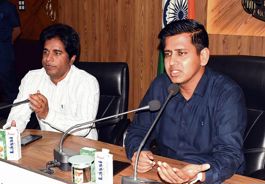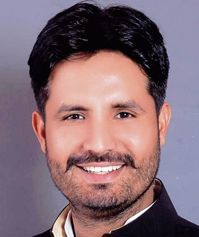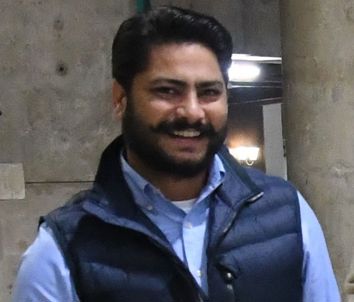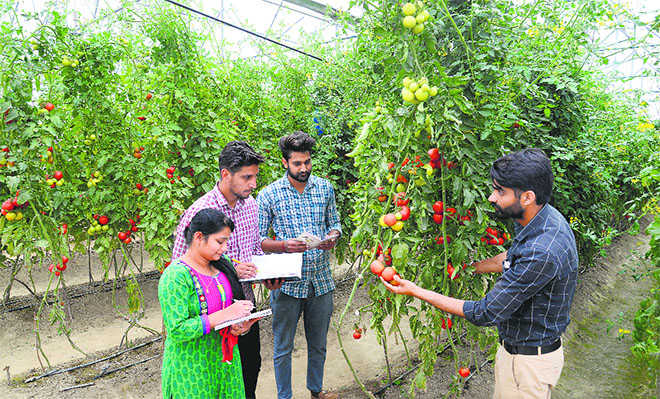
Many private universities and institutes have started study programmes in agriculture without having necessary expertise. Although they are able to lure aspirants with false assurance of jobs, they lack quality and coordination. This has led to a significant decline in agricultural education.
The advent of state agricultural universities (SAUs) in 1960, the establishment of an education division in the Indian Council of Agricultural Research (ICAR) in 1966 and a spectacular agricultural transformation in the sixties, had elevated the standards of agricultural education in the country. There are about 75 SAUs, monitored by ICAR. But, being a registered society, it is not the sole apex body for regulating agricultural education.
Agricultural education works under two systems. One regulated by ICAR and the other by the University Grants Commission (UGC). There is a lack of coordination between the two.
Agricultural education imparted in Punjab by Punjab Agricultural University (PAU) is the only one monitored by ICAR. To streamline the system and raise its standards, there are two possibilities. Either to affiliate all institutions to the PAU or to create an agricultural education council to which all institutions, except PAU, are affiliated. The Punjab government opted for the latter proposition almost a year ago. It establishing Punjab State Council for Agricultural Education without much perceptible change.
At the outset, bringing all agricultural institutions under the ambit of the council and granting mandatory affiliation through rigorous inspections is a Herculean task. The council has to draft rules and guidelines and develop a mechanism to ensure implementation of the prescribed system. For instructional farm to conduct practical field training and experiments, about 30 acre of land is prescribed by ICAR, an uphill task particularly for institutions functioning in urban areas.
The council has to address the issues of commercial interest-oriented admissions, evaluation and fee structures by bringing private sponsors on board. A viable centralised transparent admission procedure, pre-determined number of seats, evaluation policy and rational fee structure are central for streamlining the system. Experience has shown that students with rural background are more comfortable in assimilating knowledge and efficient in practical performance. The admission policy needs to encourage the graduates who are willingly to work on the field.
The council has to ensure uniformity in curriculum under choice-based credit system, as is prevalent in SAUs, to help the credit transfer system and mobility of students. Student READY (Rural and Entrepreneurship Awareness Development Yojna) programme launched by the PM in 2015 should be mandatory to have experience of ground level events in agriculture, and build aptitudes for self-employment. It will prove pivotal for producing job providers than job seekers.
There are four unethical practices responsible for low standards of education in private institutions. Admission without merit should be checked by a centralised admission test. A mandatory electronic attendance procedure should be adopted to curb the corrupt practice of allowing students to appear in examination without minimum attendance. The council needs to ensure the adequate number of regular faculty for assuring qualitative pedagogy. Finally, academic audit, external paper setting and evaluation would help to check the rot in a fully internal system where courses are often not covered.
Postgraduate degree programmes should be allowed only where adequate faculty competence and research facilities are available. Sub optimal facilities and incompetent faculty produce substandard research and incompetent scholars which must be avoided.
— The writer is an honorary professor, PU, and former VC, Maharana Pratap University of Agriculture and Technology, Udaipur
Agricultural Education
-
Agriculture research and education is a state subject
-
ICAR, however, plans/promotes agricultural education
-
ICAR constitutes deans' committees to revise syllabus
Higher education under ICAR
State Agricultural Universities 61
Deemed-to-be-universities 5
Central universities 4
Central Agricultural Universities 3
ICAR institutes 103
Students passed out from agricultural universities*
Programme 2014 2015
UG 17,176 17,741
Master's 9,223 6,986
Doctoral 1,670 1,423
Total 28,069 26,132
*From 75 SAUs/CAUs/ICAR Deemed Universities/Central Universities
Source: Lok Sabha





















